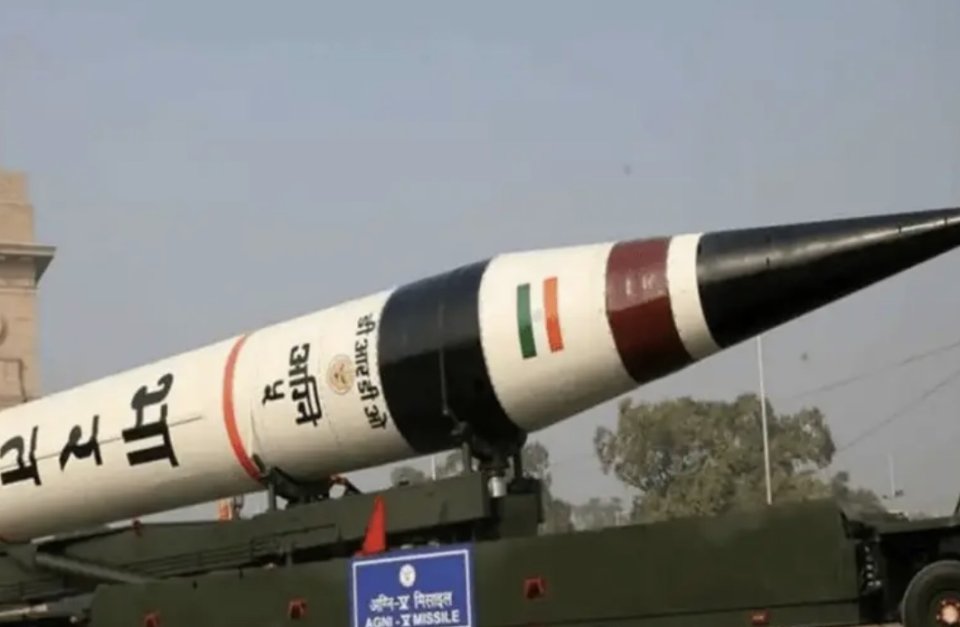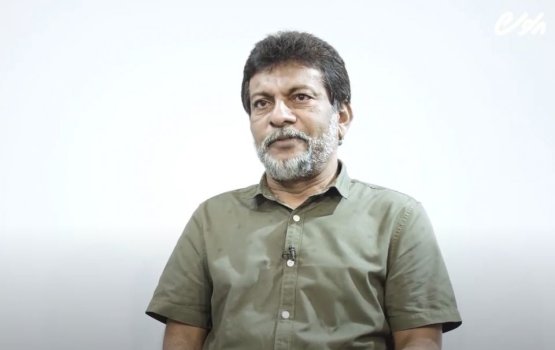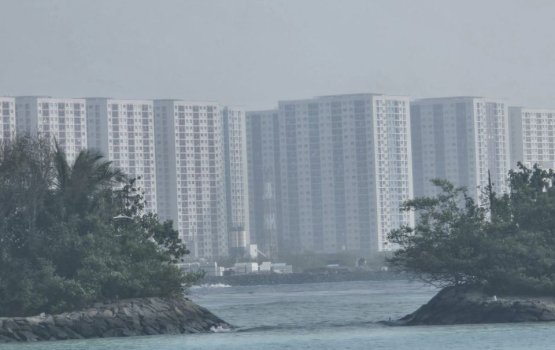India has successfully test-fired its indigenously developed Agni-5 intermediate-range ballistic missile, capable of carrying a nuclear warhead, just days before Prime Minister Narendra Modi’s scheduled visit to China.
The launch took place in Odisha, with the Defense Ministry confirming that the missile “validated all operational and technical parameters.” The Agni-5 has a range exceeding 5,000 kilometers (3,100 miles), according to the Center for Strategic and International Studies Missile Defense Project, covering a broad region including parts of Asia.
While India’s defense modernization continues, the timing of the test coincides with a period of renewed diplomatic engagement between New Delhi and Beijing. Relations between the two countries have faced challenges in recent years, including the 2020 border clashes, but recent developments suggest efforts to restore stability and cooperation.
Prime Minister Modi and President Xi Jinping last met at the BRICS summit in Russia in October, signaling cautious steps toward improved ties. Both countries have since agreed to resume direct commercial flights suspended during the pandemic, while China recently reopened two pilgrimage routes in western Tibet to Indian citizens for the first time in five years. Tourist visa issuance has also resumed on both sides.
Chinese Foreign Minister Wang Yi’s visit to New Delhi earlier this month helped prepare the ground for Modi’s upcoming trip to Tianjin for the Shanghai Cooperation Organization (SCO) summit. Modi emphasized the importance of stable relations, noting: “Stable, predictable, constructive ties between India and China will contribute significantly to regional as well as global peace and prosperity.”
India continues to maintain a complex set of regional relationships, balancing its defense needs with ongoing dialogue. Pakistan, another key regional player and participant in the SCO, also shares deep ties with China, including extensive cooperation under the Belt and Road Initiative.
Meanwhile, New Delhi’s ties with Washington have encountered some strains over trade and energy policies, with analysts suggesting that shifts in U.S. policy may be encouraging India and China to explore areas of convergence, even as differences remain.
The Agni-5 test also forms part of India’s broader defense posture, which includes preparedness in relation to its other nuclear-armed neighbor, Pakistan. Earlier this year, the two countries experienced heightened tensions, underscoring the importance of stability and diplomacy in South Asia. (Source: CNN)







